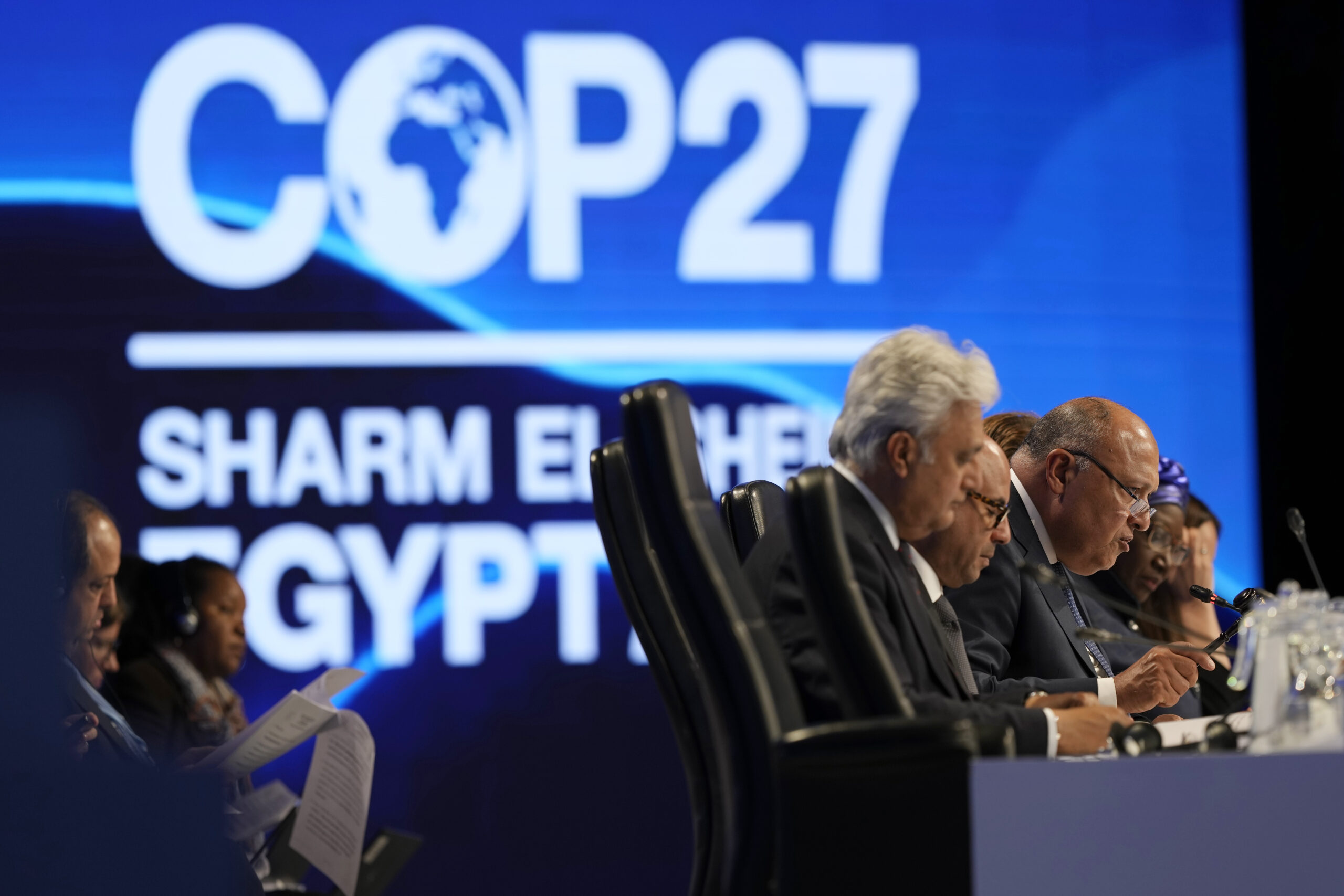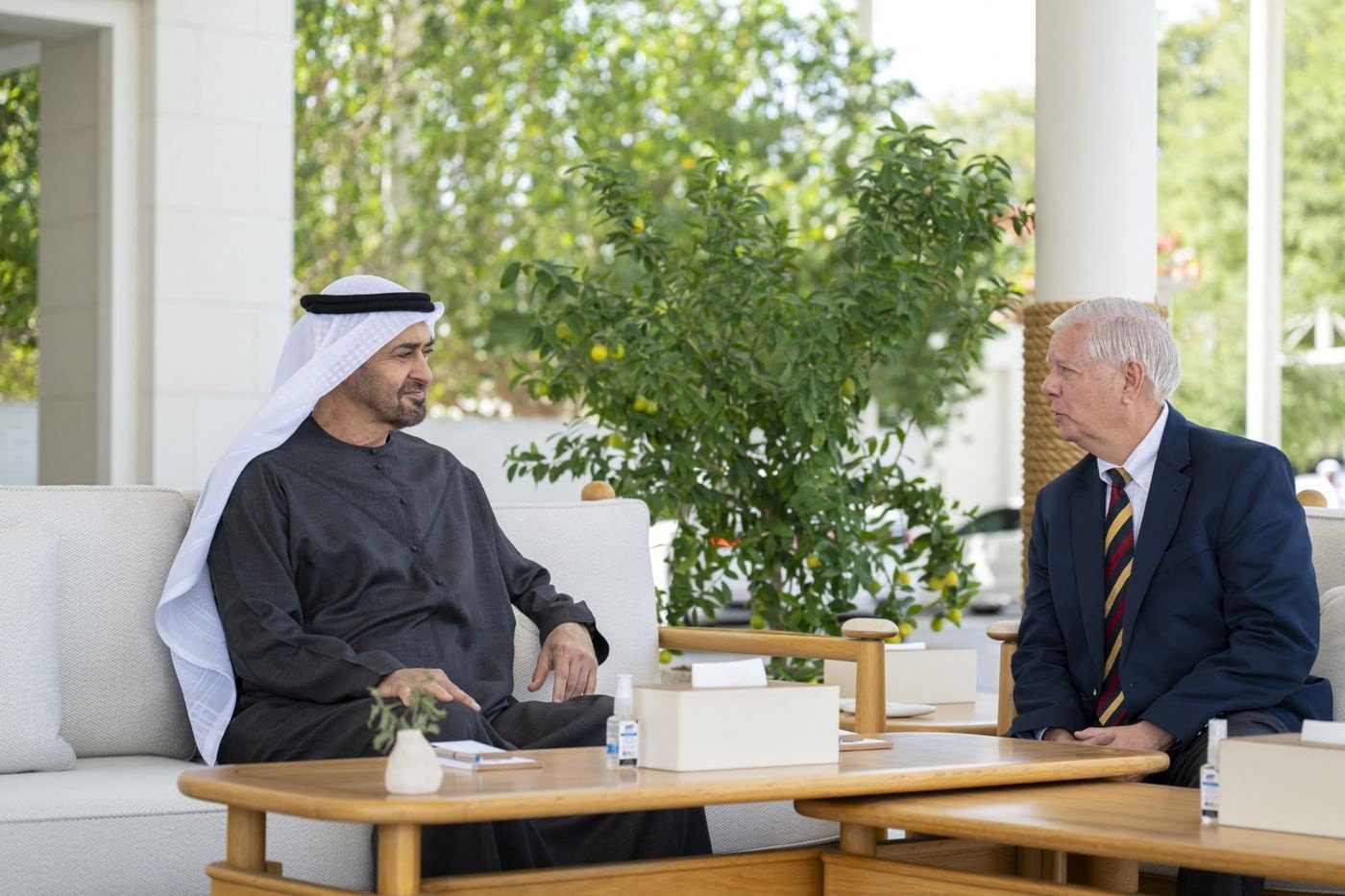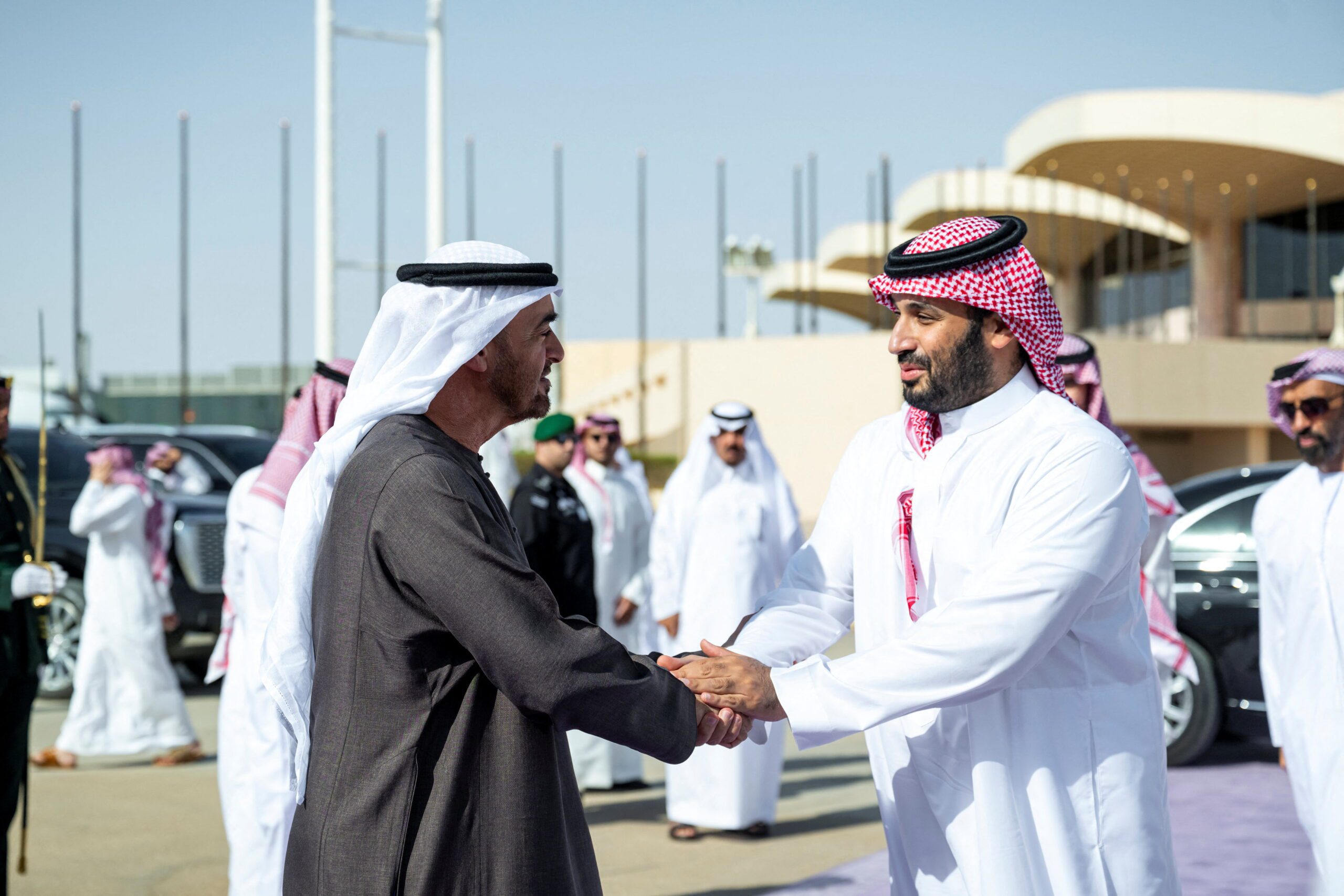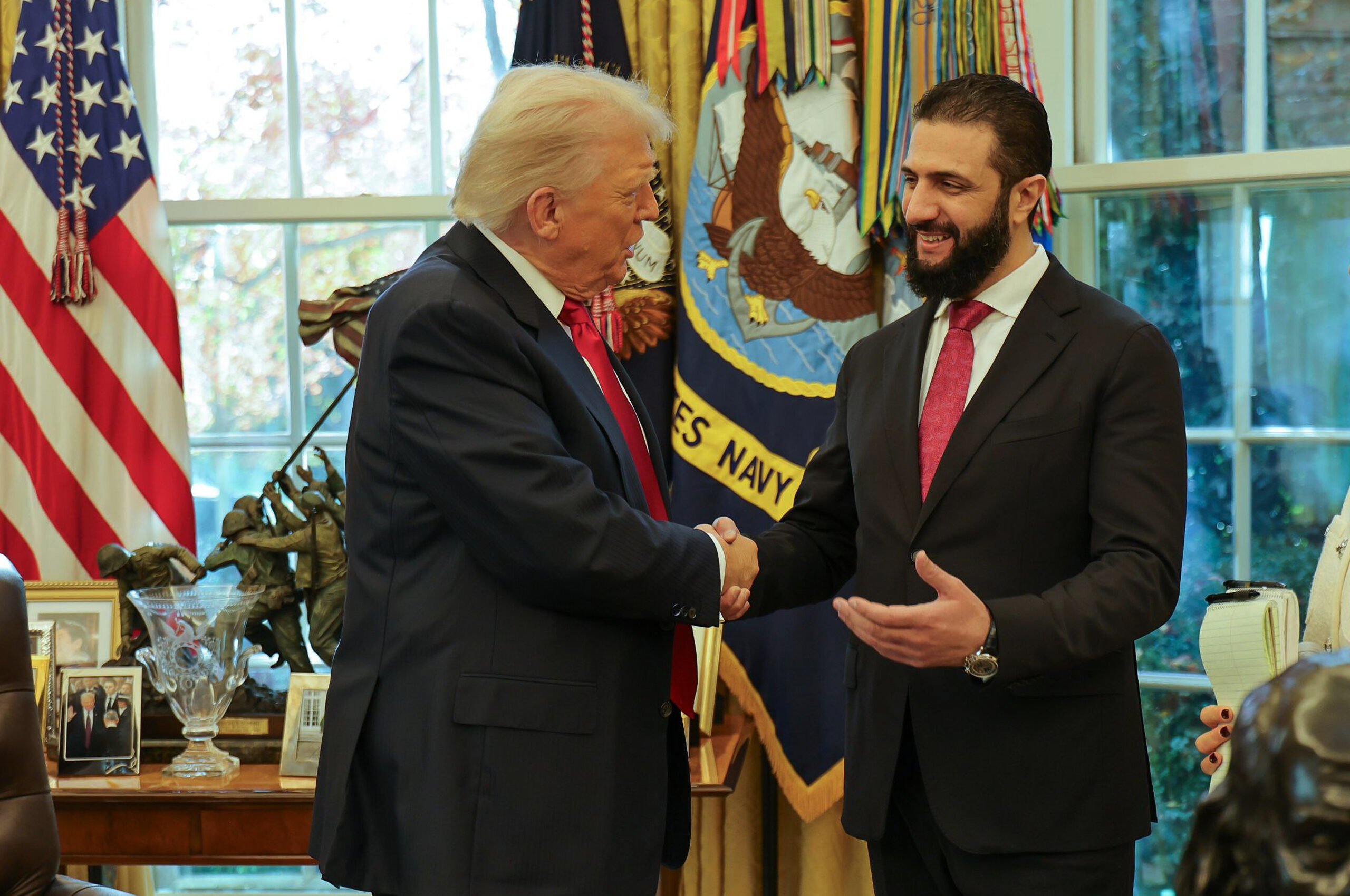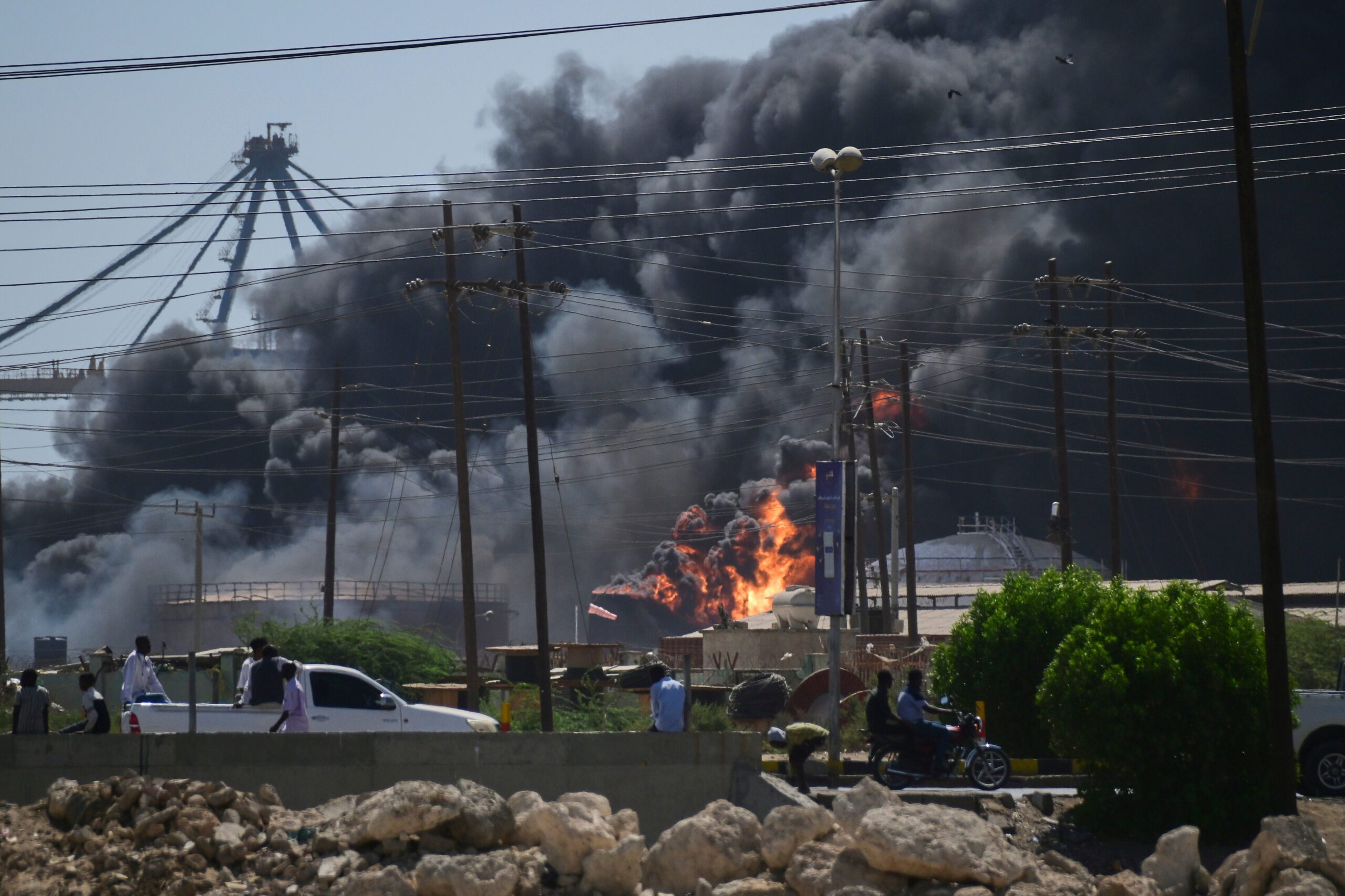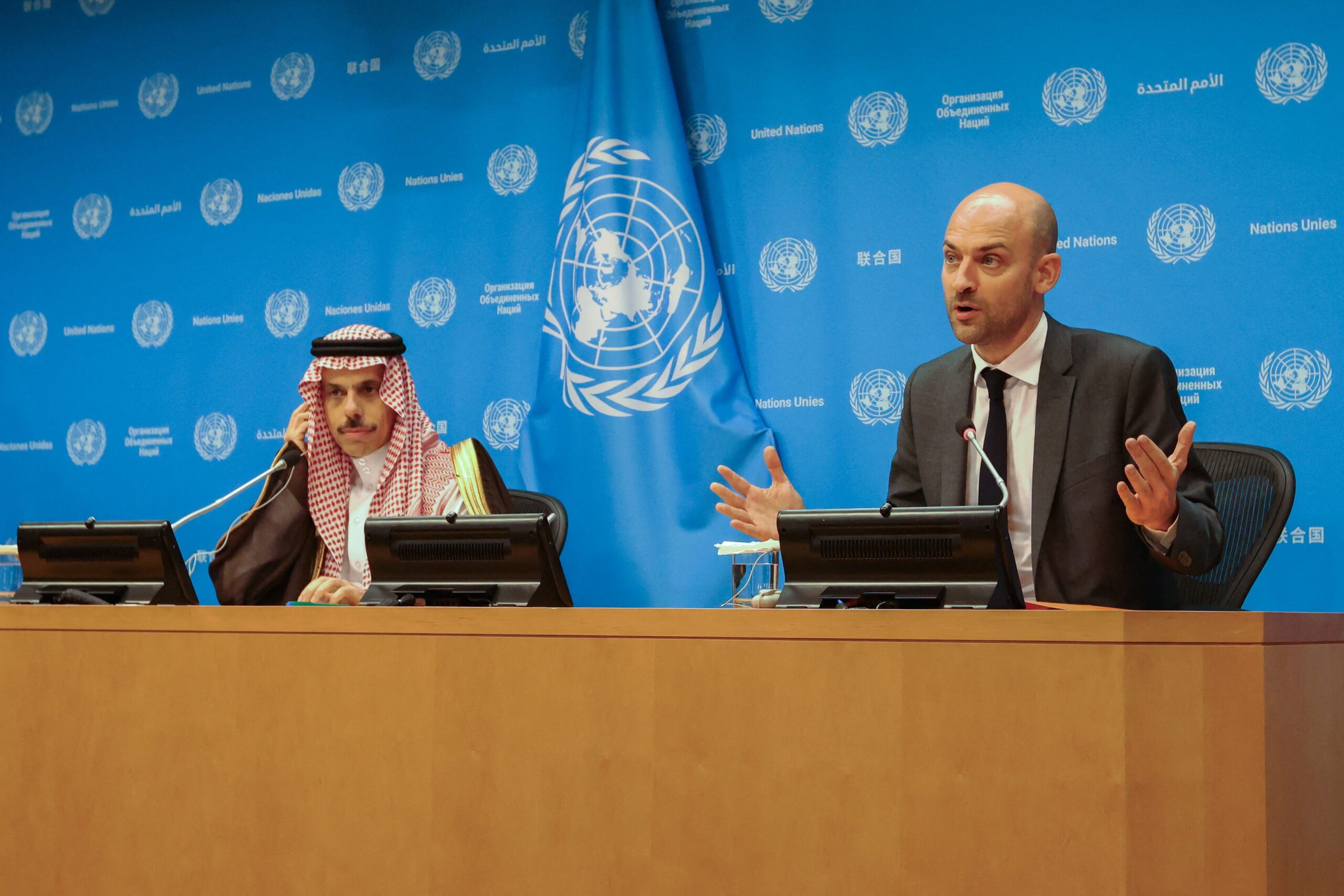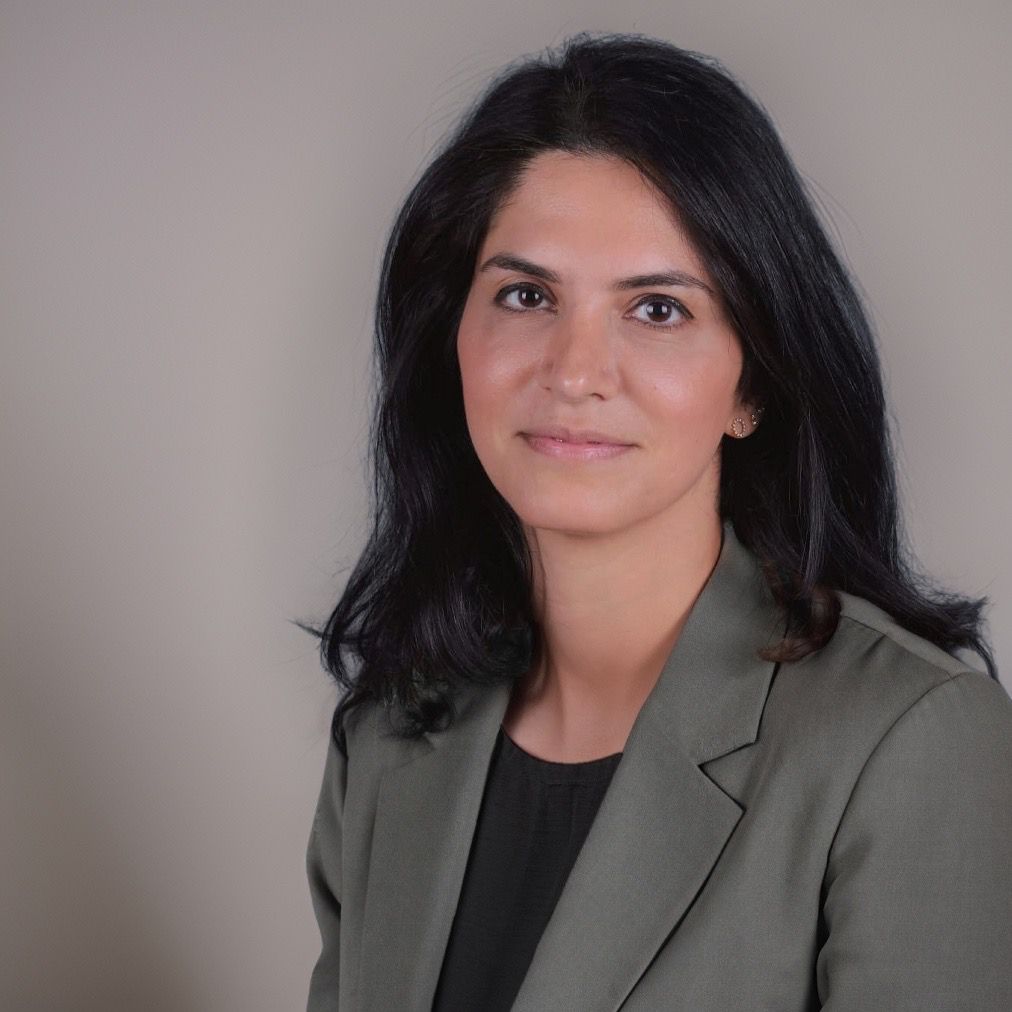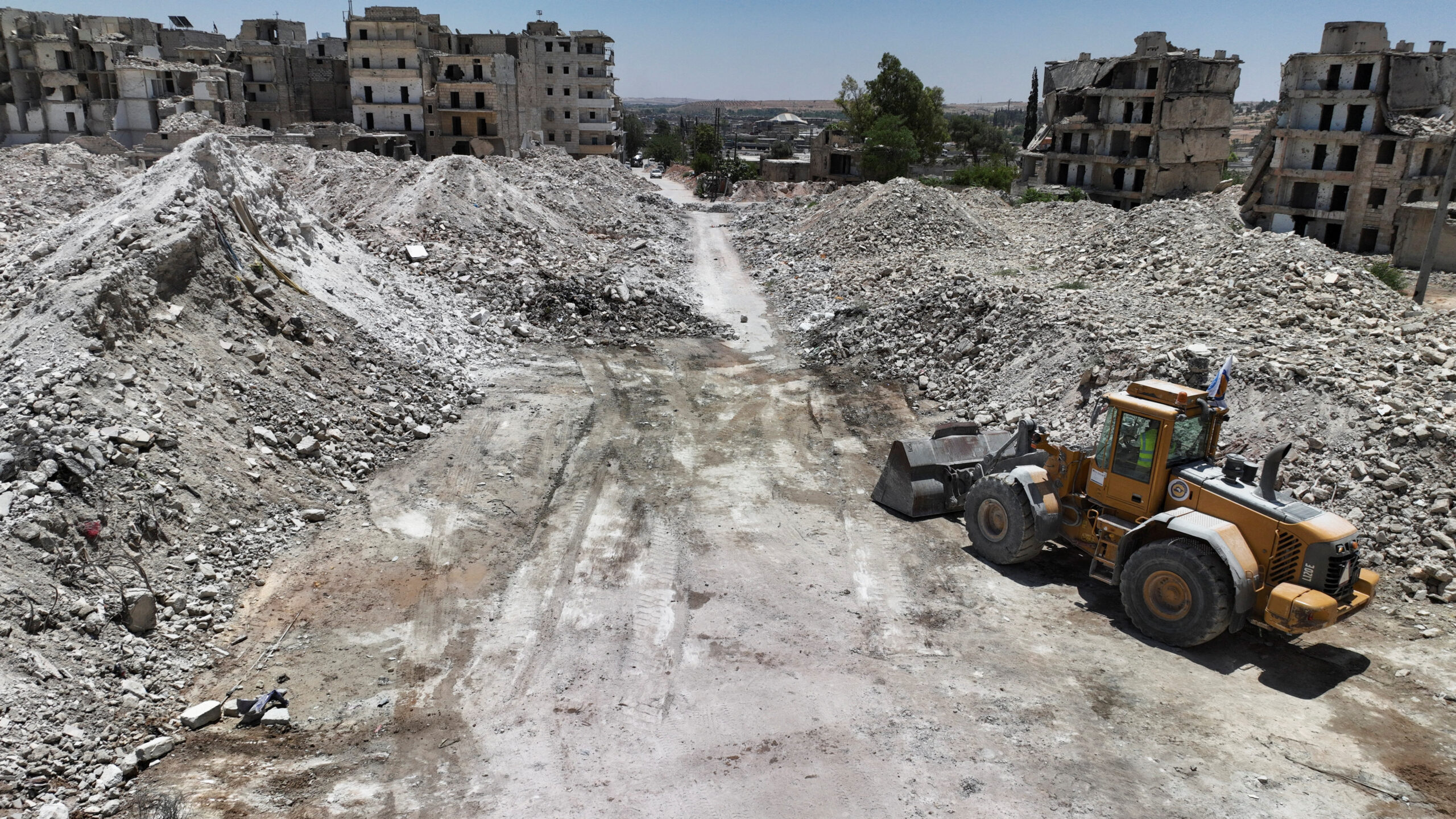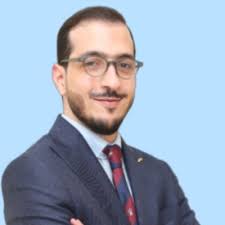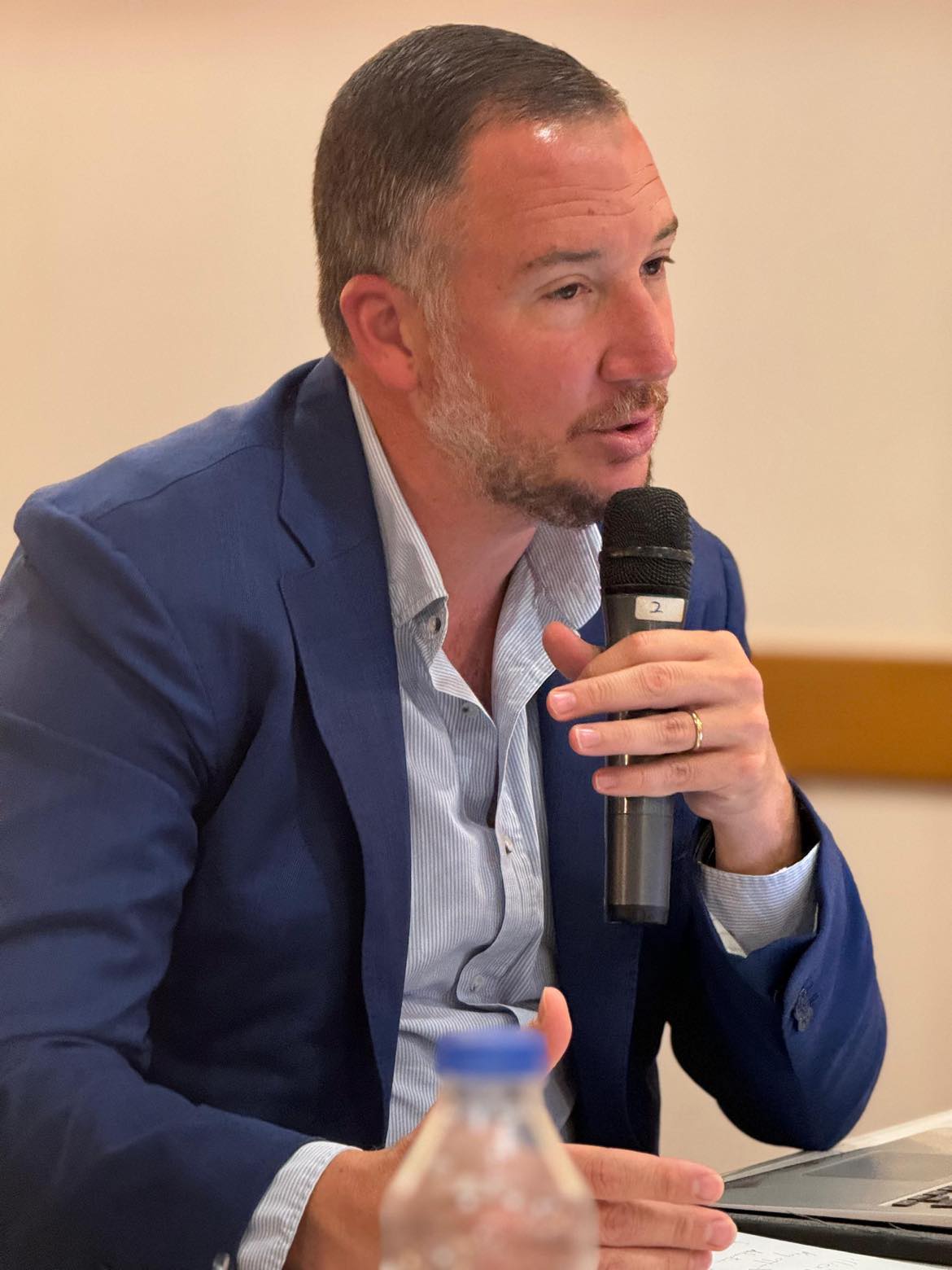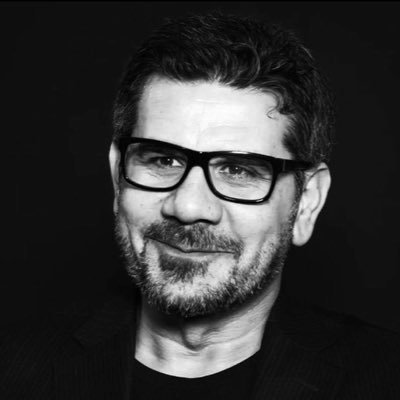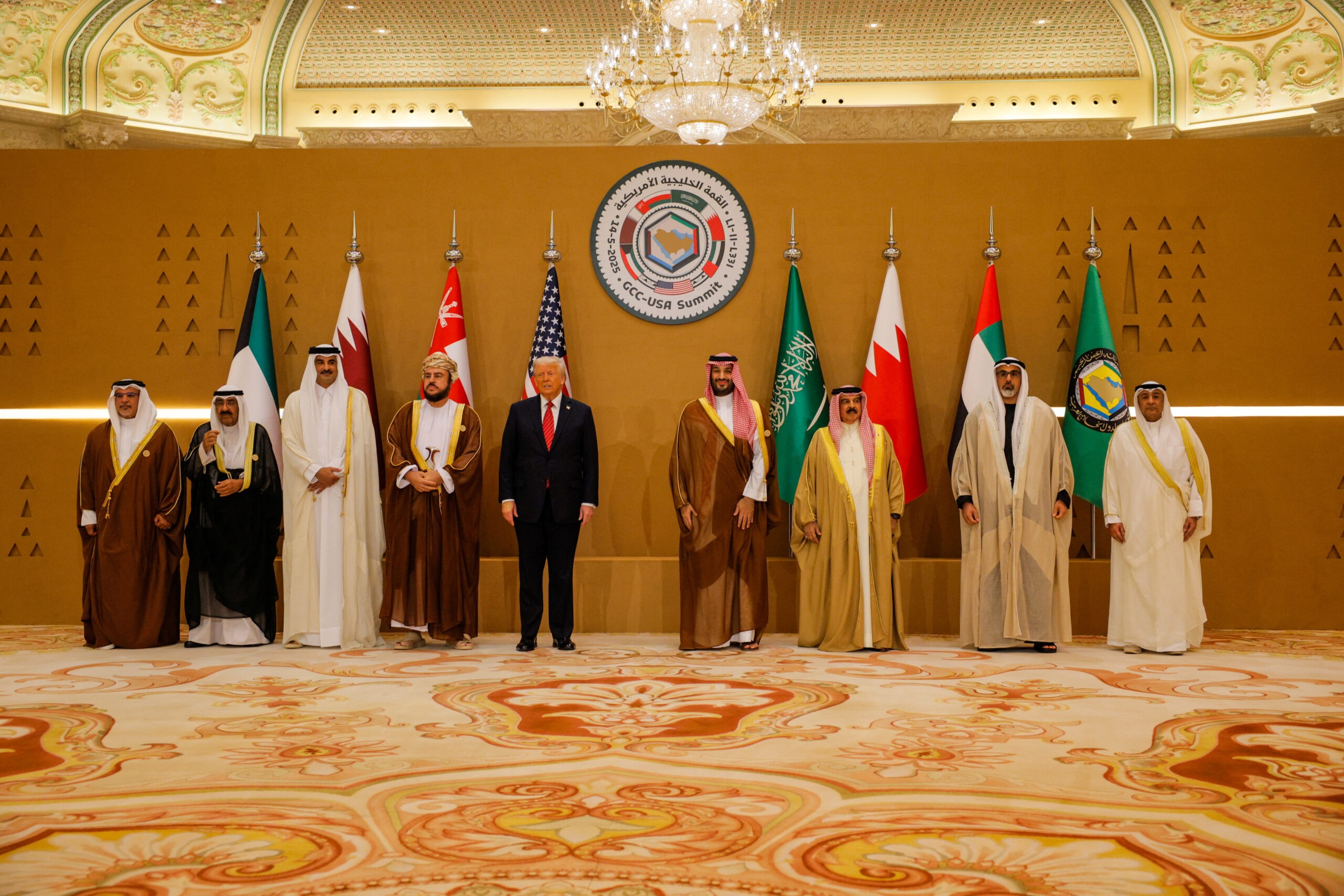Sultan Al Jaber’s COP28 Appointment Captures Key Climate Trends and Fault Lines
Beyond the criticism of environmental activists and praise of supporters, the appointment points to Gulf efforts to address the regional dilemma posed by climate change, highlights UAE exercise of soft power, and underscores U.S.-UAE cooperation.
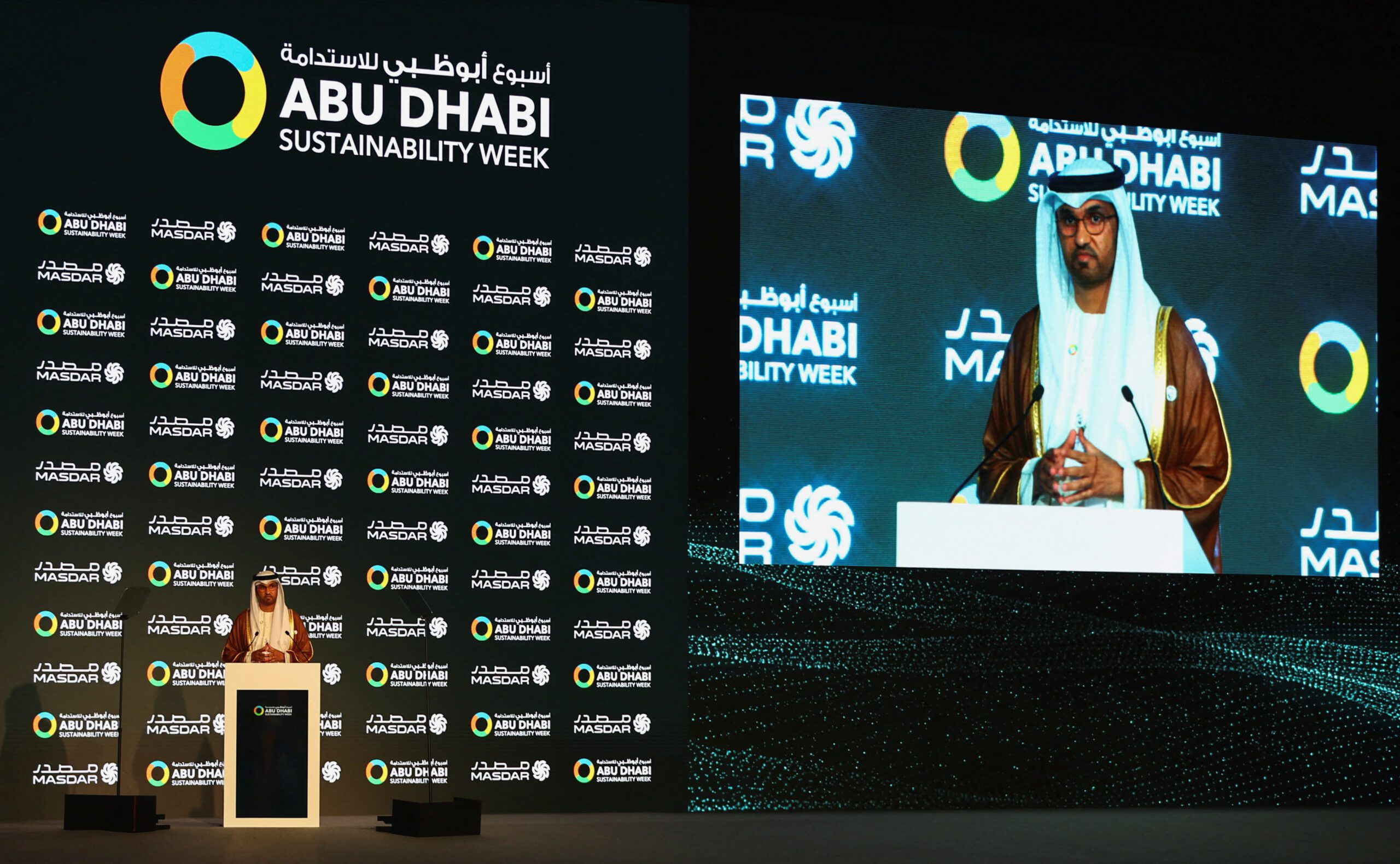
The United Arab Emirates’ January 12 appointment of Sultan Ahmed Al Jaber, head of the Abu Dhabi National Oil Company, as the president-designate for the 2023 United Nations Climate Change Conference, COP28, perfectly captures key regional trends and global challenges and tensions in climate action efforts that have emerged since the first COP meeting in Berlin nearly 30 years ago. Although his oil pedigree as CEO of ADNOC looms most prominently in his resume since his 2016 appointment, Jaber’s professional expertise in renewables, as founding CEO of Masdar, the UAE’s renewable energy investment firm, dates back to 2006. Jaber continues to hold both positions, while having also served for much of the past decade as the UAE’s special envoy for climate change. Jaber has been active in climate change diplomacy, having attended 10 COPs, including the historic Paris COP21.
Sense of Urgency and Ambition
In an Emirates News Agency press release focused on his appointment, Jaber noted, “This will be a critical year in a critical decade for climate action.” He underscored the heightened Emirati ambitions for COP28, need for “an inclusive agenda,” importance of “a just energy transition” that includes a focus on “the needs of the Global South,” and critical importance of finance to scale up climate action and adaptation efforts. Jaber insisted the UAE was well positioned to lead COP28 with these accents, in an approach shaped by pragmatism, constructive dialogue, and respect for the science that underpins global climate action.
At an Atlantic Council energy conference in Abu Dhabi just days after his appointment, Jaber outlined the scope of the challenge: “We are way off track,” said Jaber. “The world is playing catchup when it comes to the key Paris goal of holding global temperatures down to 1.5 degrees,” he said. “And the hard reality is that in order to achieve this goal, global emissions must fall 43% by 2030. To add to that challenge, we must decrease emissions at a time of continued economic uncertainty, heightened geopolitical tensions, and increasing pressure on energy.” Offering his assessment of the ambitious scope of COP28 during a UAE government conference, Jaber said the event will welcome high-level participation, including over 140 heads of state and government leaders and over 80,000 delegates, more than twice the number at COP27.
International Reactions
Jaber’s appointment was welcomed by U.S. Special Presidential Envoy for Climate John Kerry, who cited his experience as a diplomat and business leader and his role as CEO of Masdar. Kerry expressed confidence Jaber would be able to “bring all of the necessary stakeholders to the table to move faster and at scale.” Other experts, in academia and policy organizations, provided measured assessments, stressing, for example, his leadership, “well before” his appointment as CEO of ADNOC, spearheading UAE climate efforts. Global energy experts keenly aware of the energy supply shocks caused by the Ukraine war view the appointment through the lens of a long-term, inevitable energy transition now understood to be slowing in the short-to-intermediate phase because of Moscow’s invasion. That Ukraine-focused slowing has increased sympathy for Gulf arguments that oil and gas will remain essential for decades into that transition.
Environmental groups and climate change activists have been harsher in their assessments. The Center for International Environmental Law termed the appointment “an outrageous illustration of the gross conflict of interest currently dominating international climate policy” and worried that climate conferences were serving the interests of “oil and gas companies.” Some called on Jaber to relinquish his role as CEO of ADNOC. Others, often referencing criticisms made about COP27 and lodged as far back as 2015, insisted the appointment was emblematic of the hijacking of climate efforts by fossil fuel interests to “meet their own needs.”
Appointment Viewed as Part of Gulf Countries’ Efforts for “a Seat at the Table”
Beyond the climate-activist perspectives, there are a number of other prisms for viewing the Jaber appointment that are useful for understanding key regional trends, as well as global fault lines, related to climate change. Jaber’s appointment is emblematic of Gulf countries trying to position themselves to be part of the clean energy industry even as they continue, and even accelerate, oil and gas production. They want to remain energy exporters for the foreseeable future, with a mix of hydrocarbons and renewables. Their declarations of net-zero goals for carbon emissions, such as Saudi Arabia’s aiming for 2060 and the UAE’s for 2050, for example, beyond any environmental imperatives, contribute to this positioning, with Gulf countries aspiring to have “a seat at the table” so their interests will be taken seriously when the international community tackles climate change issues.
Gulf Climate Change Dilemma
That effort by Gulf countries is charged because of the dilemma they find themselves in: Likely victims of rising global temperatures and water scarcity in an already exceedingly hot environment, these countries also depend on revenue from oil exports to underpin political stability, as well as the foundations of their economies. Sharpening the dilemma, Gulf countries, like the UAE, are aware that climate action initiatives will undermine long-term demand for oil, which helps explain why the UAE pursues energetic climate action and a massive renewable energy investment effort ($40 billion globally over 15 years) while also seeking to aggressively expand oil production to 5 million barrels per day by 2027. Such Gulf efforts have left governments in the region open to the charge of “having it both ways,” but from their point of view, necessity creates the imperative for dual-focused action.
The UAE’s Positioning on Key Climate Issues
The Jaber appointment also highlights a dynamic evident at COP27 that is likely to be in even sharper relief at COP28: the struggle between countries pushing to extend the language on phasing down coal power to include oil and gas (ultimately supported by some 80 countries at Sharm el Sheikh) and petro-states – and their allies – blocking such an effort. At COP27 Egypt refused to open the issue up for negotiation. On another issue, funding from developed countries for loss and damage in poorer countries caused by climate change, the UAE seems well positioned to lead. Jaber’s comments marking his appointment underscore sympathy for “Global South” views on climate change in general and the importance of building out “a robust funding facility for loss and damage.” Until the concluding segment of COP27, this had been an issue that divided developed countries, which feared liability claims if they set up a fund for loss and damage, and developing countries that believe they are unfairly suffering the worst effects of climate change while major contributors to global warming refuse to absorb any of the costs incurred by the most vulnerable victims.
Efforts at Soft Power
The Jaber appointment illustrates the UAE’s ambitious soft power strategy over the past decade or more. According to the 2022 Global Soft Power Index, a survey-based ranking of perceptions of nation brands, the UAE ranked first among Middle East countries and 15th globally. Hosting of the World EXPO 2020 (delayed to 2022 by the coronavirus pandemic) was the most recent high-profile example – until the announcement of the UAE hosting COP28 – of UAE soft power efforts. And COP28 may be the UAE’s “biggest opportunity yet” to exercise its soft power.
Working With the United States
Finally, the Jaber appointment showcases the shared interests and cooperation on climate change between the United States and the UAE. While a number of other issues have periodically generated frictions, this one is marked by sustained U.S.-UAE cooperation, as Kerry made clear in welcoming the Jaber appointment. It is an issue that nests well with UAE efforts over the past two decades in renewables, initiatives the United States has supported, as far back as the UAE’s successful 2009 campaign to permanently host the International Renewable Energy Agency. More recently, the United States and the UAE have committed to raising $4 billion to invest in technologies to transform agriculture and food production to reduce their effects on climate change.
The views represented herein are the author's or speaker's own and do not necessarily reflect the views of AGSI, its staff, or its board of directors.

